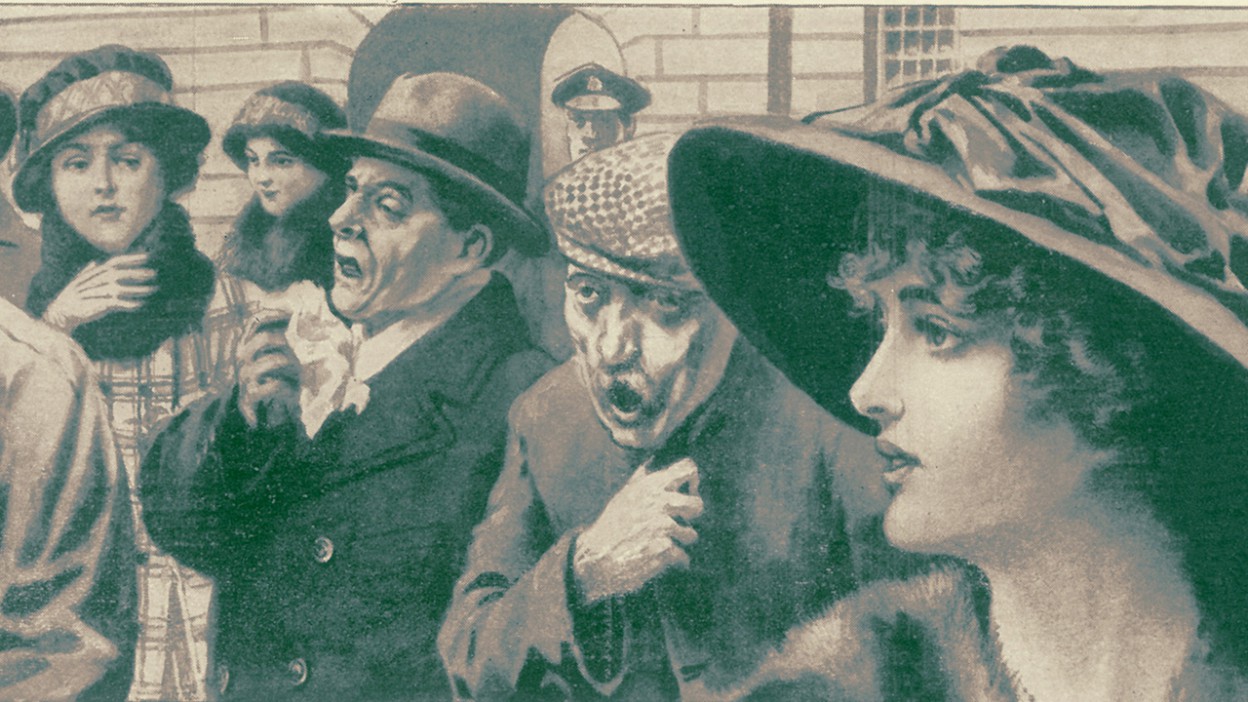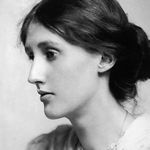More actions
No edit summary |
No edit summary |
||
| Line 11: | Line 11: | ||
! Term !! CRN !! Class !! Day and Time !! Room | ! Term !! CRN !! Class !! Day and Time !! Room | ||
|- | |- | ||
| [[/Fall | | [[/Fall 2024/Introduction|Fall 2024]] || 81967 || ENGL 2122.18 || {{F-Online}} || {{CNone|-}} | ||
|- | |- | ||
| [[/Spring 2022/]] || 24244 || ENGL 2122.02 || {{F-Online}} 2nd Session || {{CNone|-}} | | [[/Spring 2022/]] || 24244 || ENGL 2122.02 || {{F-Online}} 2nd Session || {{CNone|-}} | ||
Revision as of 07:39, 6 August 2024
British Literature II
British Literature II surveys literature from the United Kingdom from the Romantic period—the end of the eighteenth century—to today. We will survey works from the major historical periods of this period, in prose, drama, and poetry, touching on both major and minor authors from England and the United Kingdom.
ENGL 2122 familiarizes students with the major authors and movements of British national literature since the Romantics—Victorian, Edwardian, Modernist, Postmodernist—and other cultural and critical movements that grew out of these. The course examines how various texts help to construct and critique a British (inter)national identity and the values implicit in such an identity. Authors may include, Blake, Wordsworth, Byron, Keats, Tennyson, Browning, Rosetti, Dickens, Hardy, Conrad, Forster, Eliot, Woolf, Yeats, Auden, Joyce, Lessing, Orwell, Ballard, Heaney, McEwen, Rushdie, Isiguru, and others. Our study will examine poetry, short and long prose, and dramatic forms.
Sections
This is a Core IMPACTS course that is part of the Humanities area
Core IMPACTS refers to the core curriculum, which provides students with essential knowledge in foundational academic areas. This course will help master course content and support students’ broad academic and career goals.
This course should direct students toward a broad Orienting Question:
- How do I interpret the human experience through creative, linguistic, and philosophical works?
Completion of this course should enable students to meet the following Learning Outcome:
- Students will effectively analyze and interpret the meaning, cultural significance, and ethical implications of literary/philosophical texts or of works in the visual/performing arts.
Course content, activities, and exercises in this course should help students develop the following Career-Ready Competencies:
- Ethical Reasoning
- Information Literacy
- Intercultural Competence


